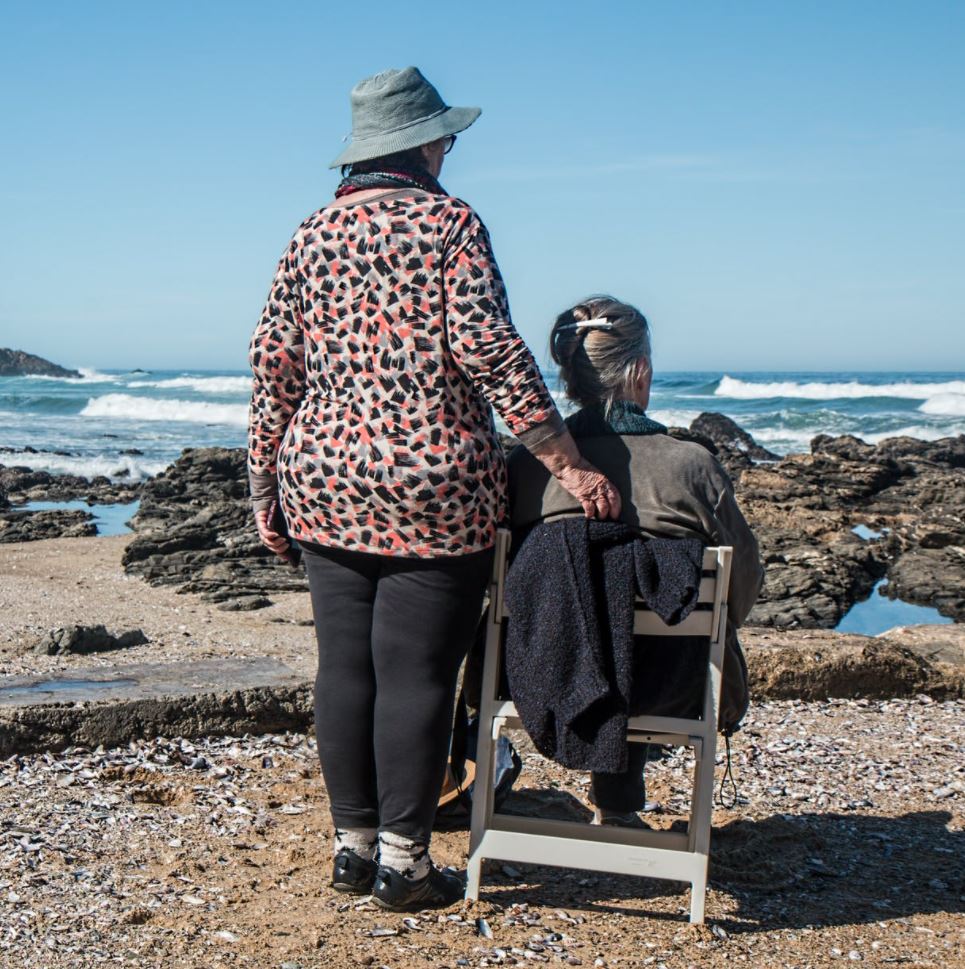Many of us associate aging with slowly losing our bodily functions. After all, we see these in the elderly people in our family. And if you are a family member who is also a caregiver for the elderly in your family, you can definitely see this. You may notice that their eyesight is not as sharp as it used to. You may also notice that their legs aren’t as steady, and long walks can seem so tedious. Furthermore, their hearing isn’t as they used to as you find yourself having to repeat what you said many times.

However, beyond these are many emotional needs that we also have to watch out for and help fill.
Emotional Needs of Seniors
- Insecurity. As your elderly family member lose their strength, they may encounter problems with mobility. They may feel unsafe and they may also feel anxious. This is true even more for those who live alone. They may try to always keep an eye of their home and install more locks so that they will feel safe.
- Self-worth. They may also have a decreased sense of self-worth as they feel they need more attention from their family members. One thing you can encourage your family members to do, especially the younger ones, is to regularly visit and engage your elderly members so they don’t feel so alone and they would feel special. Let them have activities or get connected with hobbies that also allow them a sense of accomplishment in order to build up their confidence.
- Anxiety and worry. They may always worry about their health and safety. As they get older, they are not as strong and alert as they used to be, and so they constantly worry about what other changes would come to this stage of their lives where they feel less dependent. It helps to keep them engaged in activities that give them a sense of purpose.
- Privacy. Having to depend on others may also make them feel like they are losing their sense of dignity and their privacy. What you can do is to keep treating them as an adult and to speak to them directly as well as to consider what their needs and opinions are. Continue to consult with them about their own preferences and decisions. Let them be involved when their health and well-being is being discussed, and continue to safeguard their dignity and privacy.
- Isolation and loneliness. As they get older, the emotional needs of seniors may also change. They may may experience their peers passing, and this can make them lonely. Furthermore, you and the younger adults may be preoccupied with your own daily activities and responsibilities that your senior family member may feel neglected. What you can do is to spend time with them. Furthermore, you may allow them to visit their own friends or be around other people to socialize.
The bottom line is, your senior family member would greatly appreciate knowing that there is someone who would advocate for them, and meet the emotional needs of seniors; someone they can also turn to when things turn awry. It’s also important to know that there are facilities like Blessed home that provide elder care services as well as round-the-clock medical assistance and even emergency medical services whenever needed. Having a professional caregiver can also give family members peace of mind knowing that there’s someone you can turn to when things make a turn for the worse.
Call us at +63 917 856 0623 to know more.

Recent Comments